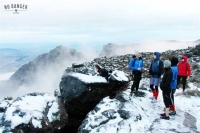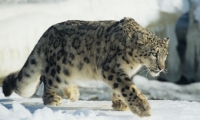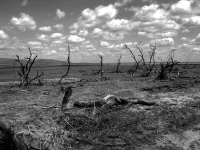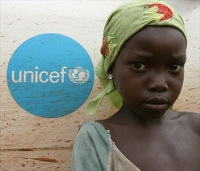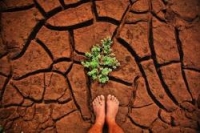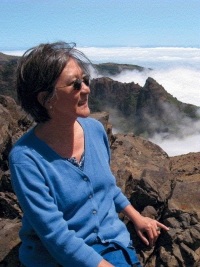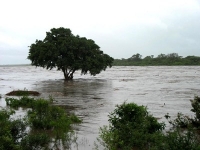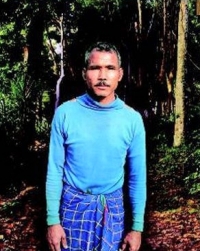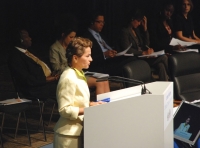Cape Town's disaster response teams remain activated as severe weather systems threaten heavy rainfall and flooding from Thursday night onwards.
According to study, inaction will lead to “major setback” in economic development and food security for the poorest people in Ghana, Burkina Faso and other countries in West Africa.
Southern Africa could be among areas hardest hit by climate change. A rapidly expanding population is likely to add to future problems, says a new study.
The Syrian conflict that has caught the attention of the world was preceded by the "worst long-term drought and most severe set of crop failures since agricultural civilisations began in the Fertile Crescent," according to Francesco Femia, co-founder of the Center for Climate and Security.
Growing up in a country where the HIV/AIDS prevalence rate and malaria were high, it was inevitable not having to hear or read of any of the two on local TV, radio or in the newspapers. It was almost as if news of these two diseases was intentionally shunned.
Recent research suggests that the rise and fall of the ancient world’s civilisations may have been due to a changing climate.
Many naturalists are worried about the following phenomenon: the monarch butterfly, with its orange patterned wings, a design even noninsect enthusiasts can recognize, is dwindling.
A study has shown that the speed of evolutionary change is far outstripped by the rate of global warming, meaning many creatures will face extinction.
"We don't have time for a meeting of the Flat Earth Society," said US President Barack Obama this week at Georgetown University in Washington DC, where he laid out a package of measures aimed at curbing climate change, including limits on emissions from power plants.
Reversing the devastating effects of climate change will require a more coherent and orchestrated international regime, as well as cooperation between states and other stakeholders, writes Professor Oliver C. Ruppel.
Animal skeletons scattered everywhere. Not a tree or plant to be seen. Extreme weather conditions further destroy dilapidated houses and buildings. Is this the reality of what awaits our children after climate change has ravaged our beautiful planet?
There is a global surge towards designing greener – and more cost effective - buildings and cities and South Africa is in an ideal position to lay the foundations for it in Africa.
On 22 April 2013, more than one billion people around the world will take part in the 43rd anniversary of Earth Day. Earth Day is an annual observance on which events are held worldwide to demonstrate support for environmental protection.
“Ask yourself: Are you thinking of now, or are you thinking of your grandchild’s future?” This was the question posed by climate scientist Inez Fung, a professor of Atmospheric Science at the University of California and co-director of the Berkeley Institute of the Environment.
Snowfall in Gauteng after 31 years. Unprecedented heat waves across the northern half of SA. Tornadoes in Ficksburg and Springs. Devastating hailstorms around the country.
Deforestation and desertification are critical problems in India that have led to barren land, increased soil erosion, decreased agricultural production, and devastated local wildlife. However, one Indian man has made a stand.
The United Nations has signed an agreement with the East African Development Bank to increase participation in clean development projects in the region.
Scores of firefighters, volunteers and Working on Fire crew were deployed to temper the fires in the Franschhoek Mountains. Friends rose to the occasion with the generous donation of bottled water, beverages and food.







